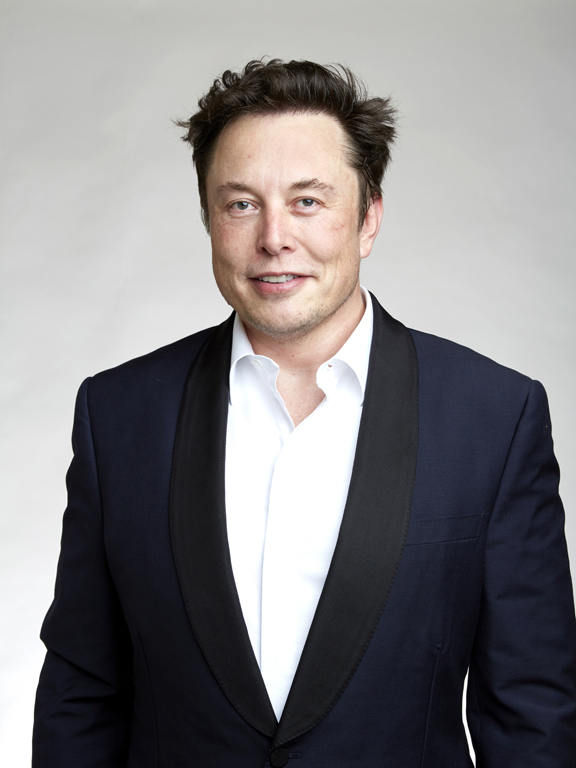Elon Musk's DOGE Experiment Ends With Mixed Results as Government Spending Paradox Continues

Elon Musk's ambitious attempt to revolutionize government efficiency through the Department of Government Efficiency (DOGE) has concluded with a complex legacy of massive layoffs, disputed savings claims, and an ongoing paradox where overall federal spending has actually increased despite sweeping cuts. As the world's richest man exits his official government role, questions mount about the true impact of his chainsaw approach to federal bureaucracy.
When President Donald Trump appointed Musk to head DOGE in February 2025, the mission seemed straightforward: tackle the estimated $2.8 trillion lost to improper payments, fraud, and waste since 2003, according to the US Government Accountability Office. Initial ambitions called for cutting $2 trillion from the federal budget, later scaled back to $1 trillion, and eventually reduced to $150 billion by the end of fiscal 2026. However, the reality proved far more complex than Musk's business-world efficiency models could accommodate.
The human cost of DOGE's operations became immediately apparent through unprecedented layoffs affecting over 60,000 government employees directly, with another 110,000 departing through deferred resignation programs. Among those affected was Alex Saint, a communications specialist at the Food and Drug Administration whose team handled more than 40,000 public inquiries annually about medications. Her dismissal notice, received on April 1st, exemplified the broad scope of DOGE's cuts: "Your duties have been identified as either unnecessary or virtually identical to duties being performed elsewhere in the agency."
The largest single impact fell on the Internal Revenue Service, which lost more than 29,000 employees. Analysis from Yale University's Budget Lab revealed a troubling economic paradox: while eliminating 22,000 IRS positions would save approximately $1.8 billion in 2026, the resulting decrease in tax collection capabilities could cost the government $10.3 billion in lost revenue. This mathematical reality underscored what critics argued from the beginning – that government operations cannot be streamlined using the same metrics applied to private enterprises.
DOGE's claimed savings figures have faced intense scrutiny from multiple sources. As of June 3, 2025, DOGE has claimed to have saved $180 billion. An analysis by the Partnership for Public Service estimated these savings will cost taxpayers $135 billion in 2025, according to recent research findings. The discrepancy between claimed savings and actual fiscal impact highlights fundamental issues with DOGE's accounting methodology.
Verification of DOGE's savings claims proved challenging due to significant data inconsistencies. DOGE claims to have slashed $105 billion so far, but it is impossible to verify that calculation because the unit has so far posted a detailed breakdown for only a fraction of those savings, and that accounting keeps changing, according to Reuters analysis. Independent fact-checkers found numerous examples where DOGE's claimed savings exceeded the actual contract values or included projects that predated DOGE's establishment.
The US Agency for International Development bore the initial brunt of DOGE's cuts, with thousands of contracts cancelled in the first weeks, claiming $12 billion in savings. Despite representing less than 1% of federal spending, USAID became a symbolic target, with Trump describing it as run by "radical lunatics." As foreign aid cuts failed to meet ambitious targets, DOGE expanded its focus to the Department of Defense and other major agencies.
Without billionaire Elon Musk in the Trump administration, his cost-cutting Department of Government Efficiency project is likely to sputter out, a former DOGE staffer said, highlighting concerns about the initiative's sustainability beyond Musk's direct involvement. The comment from a departing team member suggests internal recognition that DOGE's momentum was heavily dependent on Musk's personal drive and celebrity status.
Legal challenges have emerged as a significant obstacle to DOGE's operations. Multiple ongoing court cases question the legality of mass layoffs and the waiver of collective bargaining rights through executive orders. Some dismissal notices contained procedural errors, including references to Equal Employment Opportunity officers who had already left government service before the notices were sent.
The broader context reveals a fundamental contradiction in DOGE's mission. Despite extensive cuts and claimed savings, overall government spending has increased by $190 billion compared to the same period in the previous year. This increase partly reflects the implementation of Republican tax break legislation championed by Trump, which commits trillions in future spending while reducing revenue streams.
Academic experts have questioned whether corporate efficiency models can effectively translate to government operations. Quinn Slobodian, professor of international history at Boston University, noted that while Musk has been "laser focused on efficiency, streamlining, getting rid of useless parts" in business contexts, "the federal government doesn't just produce one thing." The complexity of government services, from public health inquiries to tax collection, requires different optimization approaches than private sector manufacturing or technology companies.
The experience of Sylvie Williams, a 20-year civil servant recently terminated from the IRS taxpayer experience office, illustrates the human dimension of DOGE's efficiency drive. Her team worked to simplify the notoriously complex US tax filing process for average citizens. Williams acknowledged that government operations could benefit from efficiency improvements but criticized the implementation: "What we're doing now is scaring young people coming out of universities from ever applying to government."
DOGE's savings claims may contain elements of truth, but the full number lacks transparency and outside verification. While the agency has implemented meaningful reforms, the $170 billion headline figure is more of a political talking point than a proven fiscal result, according to independent analysis. This assessment reflects broader concerns about the gap between DOGE's public messaging and verifiable outcomes.
As Musk transitions away from direct government involvement, questions remain about DOGE's long-term impact and the sustainability of its reforms. The initiative succeeded in dramatically reducing federal employment and eliminating numerous contracts and programs, but whether these changes will result in genuine efficiency gains or simply create service gaps remains to be determined. The contradictory outcome of increased overall spending despite extensive cuts suggests that achieving meaningful government efficiency requires more nuanced approaches than the business world's traditional cost-cutting strategies.
Advertisement
Tags
Advertisement





